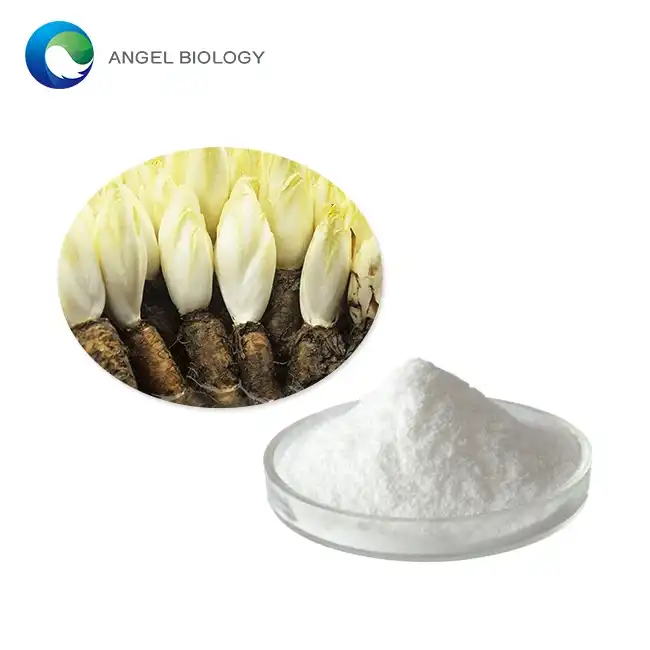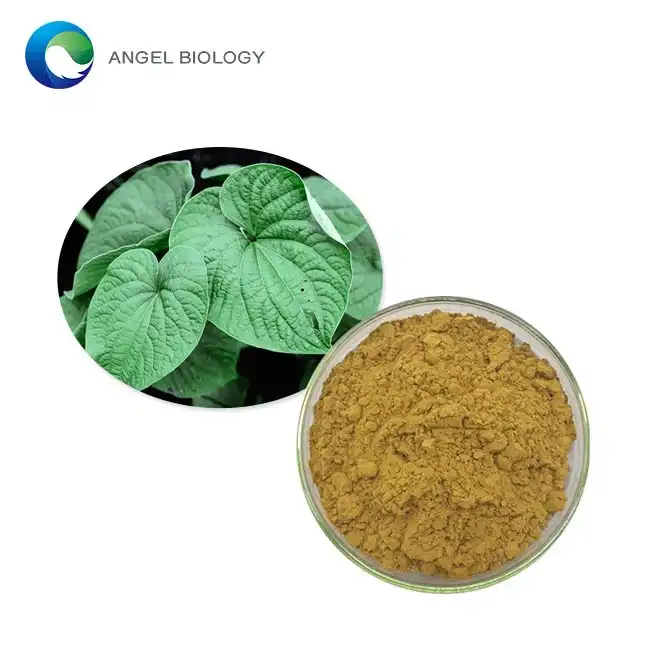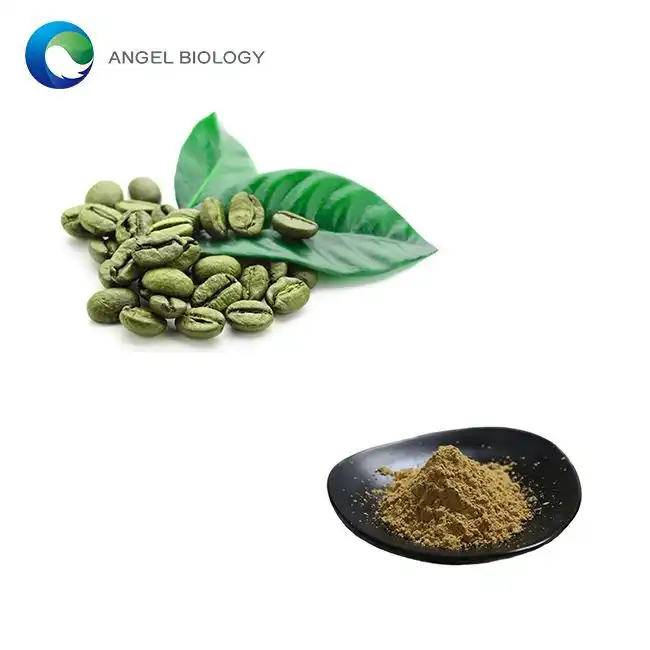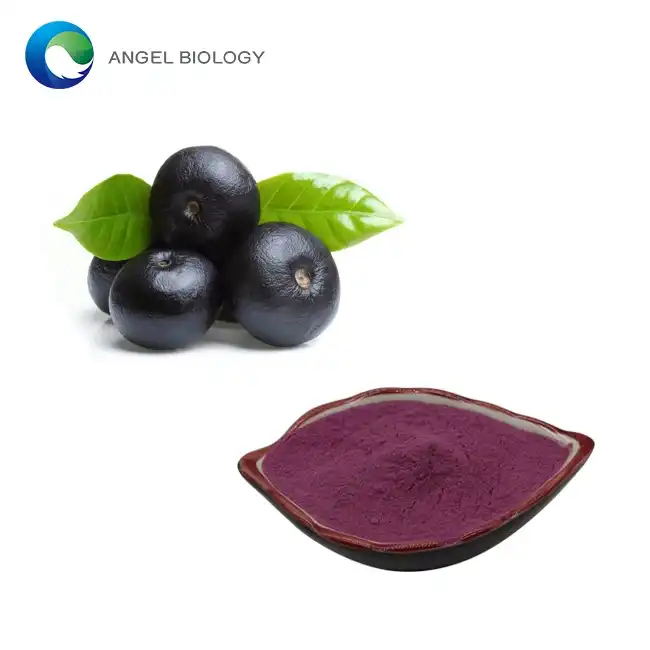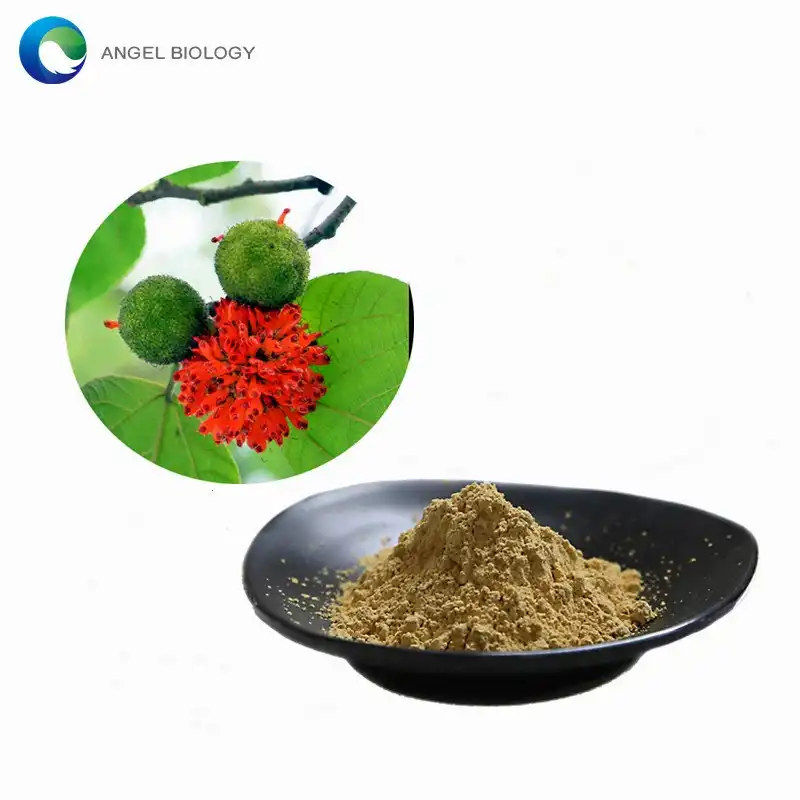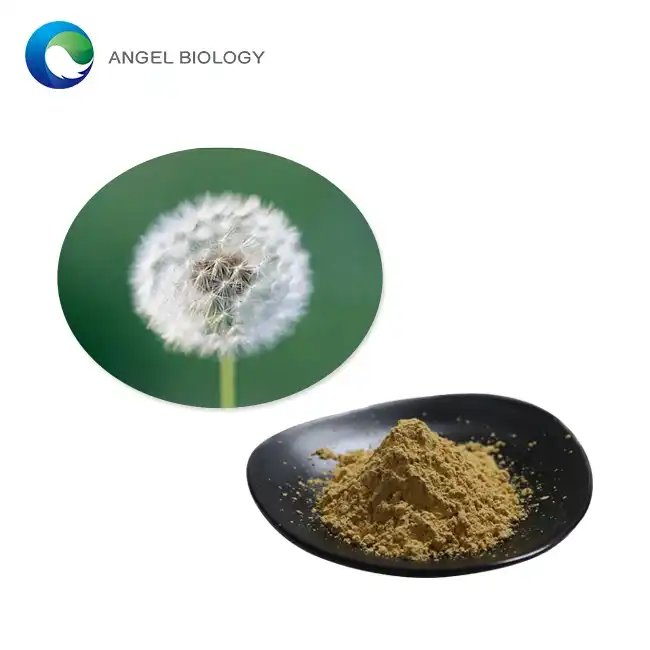How Does Nervonic Acid Powder Support Myelin Synthesis?
Nervonic acid, a long-chain fatty acid, plays a crucial role in maintaining neurological health. This article explores the intricate relationship between nervonic acid powder and myelin synthesis, shedding light on its potential to support brain function and overall nervous system health.
The Molecular Mechanism of Nervonic Acid in Neuronal Repair
Nervonic acid, a 24-carbon monounsaturated fatty acid, is a vital component of the myelin sheath, the protective coating surrounding nerve fibers. This fatty acid contributes significantly to the structural integrity and functionality of myelin, which is essential for efficient nerve signal transmission.
At the molecular level, nervonic acid integrates into sphingolipids, key constituents of myelin. These nervonic acid-containing sphingolipids are particularly abundant in white matter and the myelin sheath of nerve fibers. The incorporation of nervonic acid into these structures enhances the insulating properties of myelin, facilitating rapid and accurate nerve impulse propagation.
Research has shown that nervonic acid levels in the brain increase during periods of active myelination, suggesting its pivotal role in myelin synthesis and maintenance. This increase is particularly noticeable during early brain development and in response to neuronal injury, indicating nervonic acid's involvement in both initial myelin formation and repair processes.
The mechanism by which nervonic acid powder supports myelin synthesis involves several steps:
- Absorption: When consumed, nervonic acid is absorbed in the intestines and transported to the liver.
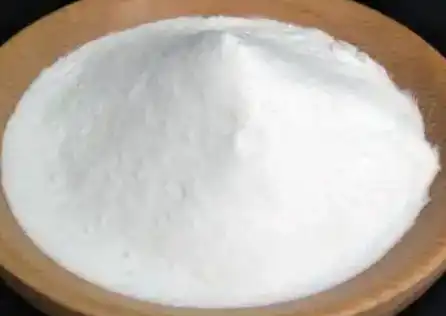
- Transport: From the liver, it's packaged into lipoproteins and transported through the bloodstream.
- Brain Uptake: Nervonic acid crosses the blood-brain barrier and is taken up by oligodendrocytes, the cells responsible for myelin production in the central nervous system.
- Incorporation: Within oligodendrocytes, nervonic acid is incorporated into complex lipids, particularly sphingolipids.
- Myelin Assembly: These nervonic acid-rich lipids are then assembled into the myelin sheath, contributing to its structure and function.
This process underscores the importance of adequate nervonic acid availability for optimal myelin synthesis and maintenance. Supplementation with nervonic acid powder may help ensure a sufficient supply of this crucial fatty acid for neuronal health.
Can Nervonic Acid Enhance Nerve Cell Regeneration?
The potential of nervonic acid to enhance nerve cell regeneration has been a subject of increasing scientific interest. While the primary role of nervonic acid in myelin formation is well-established, its impact on nerve cell regeneration involves more complex mechanisms.
Nerve cell regeneration, or neuroregeneration, is a multifaceted process involving the regrowth, repair, or replacement of damaged neural tissues. The role of nervonic acid in this process is closely tied to its function in myelin synthesis and maintenance.
Several studies have suggested that nervonic acid may support nerve cell regeneration through various mechanisms:
- Promoting Remyelination: By providing a crucial building block for myelin, nervonic acid supports the remyelination of damaged nerves. This process is essential for restoring proper nerve function after injury.
- Enhancing Neuroprotection: Nervonic acid's role in maintaining myelin integrity may offer neuroprotective effects, potentially slowing or preventing further nerve damage.
- Supporting Neuroplasticity: Some research suggests that adequate levels of nervonic acid may contribute to neuroplasticity, the brain's ability to form new neural connections and adapt to changes.
- Modulating Inflammation: Nervonic acid may have anti-inflammatory properties, which could create a more favorable environment for nerve cell regeneration.
While these potential benefits are promising, it's important to note that the direct impact of nervonic acid powder on nerve cell regeneration requires further research. Current evidence primarily comes from animal studies and in vitro experiments, with human trials still limited.
However, the established role of nervonic acid in myelin synthesis provides a strong theoretical basis for its potential in supporting nerve cell health and regeneration. As myelin is crucial for proper nerve function, maintaining optimal myelin structure through adequate nervonic acid supply could indirectly support the overall health and regenerative capacity of nerve cells.
It's worth noting that nerve cell regeneration is a complex process influenced by numerous factors beyond just nervonic acid. While nervonic acid powder supplementation may offer support, it should be considered as part of a comprehensive approach to neurological health, including proper nutrition, exercise, and other lifestyle factors.
Nervonic Acid's Role in Lipid Membrane Structural Integrity
The structural integrity of lipid membranes is crucial for cellular function, particularly in the nervous system. Nervonic acid plays a significant role in maintaining this integrity, especially in the myelin sheath surrounding nerve fibers.
Nervonic acid, with its long carbon chain and single double bond, contributes unique properties to lipid membranes:
- Membrane Fluidity: The presence of nervonic acid in membrane phospholipids helps maintain optimal membrane fluidity. This is crucial for various cellular processes, including signal transduction and membrane protein function.
- Thermal Stability: The long carbon chain of nervonic acid increases the melting point of lipid membranes, enhancing their stability at physiological temperatures.
- Permeability Barrier: Nervonic acid-containing lipids contribute to the formation of a robust permeability barrier, crucial for maintaining the selective permeability of cell membranes.
- Structural Support: In myelin, nervonic acid-rich sphingolipids provide structural support, contributing to the compact, multilayered structure of the myelin sheath.
The incorporation of nervonic acid into lipid membranes, particularly in myelin, is a highly regulated process. During periods of active myelination, the expression of enzymes involved in nervonic acid synthesis and incorporation is upregulated. This ensures the proper balance of lipids necessary for optimal myelin structure and function.
Research has shown that alterations in nervonic acid levels can impact lipid membrane integrity. Deficiencies in nervonic acid have been associated with changes in membrane properties, potentially affecting cellular function and signal transmission in the nervous system.
properties, potentially affecting cellular function and signal transmission in the nervous system.
Supplementation with nervonic acid powder may help maintain adequate levels of this fatty acid, supporting lipid membrane structural integrity. This is particularly relevant in conditions where myelin integrity is compromised, such as in certain neurodegenerative diseases.
It's important to note that while nervonic acid is crucial for lipid membrane integrity, it works in concert with other lipids and proteins. The overall composition of lipid membranes, rather than any single component, determines their structural and functional properties.
The role of nervonic acid in lipid membrane structural integrity underscores its importance not just in myelin synthesis, but in overall cellular health in the nervous system. By supporting membrane integrity, nervonic acid contributes to the proper functioning of neurons and glial cells, potentially impacting various aspects of neurological health.
Conclusion
The intricate relationship between nervonic acid and myelin synthesis highlights its crucial role in neurological health. From supporting the structural integrity of lipid membranes to potentially enhancing nerve cell regeneration, nervonic acid proves to be a vital component in maintaining and improving nervous system function.
As research continues to uncover the multifaceted benefits of nervonic acid, the potential applications of nervonic acid powder in supporting neurological health become increasingly apparent. While more studies are needed to fully understand its impact, particularly in human subjects, the existing evidence suggests promising avenues for future research and potential therapeutic applications.
For those interested in supporting their neurological health, considering nervonic acid supplementation as part of a comprehensive health strategy may be beneficial. However, as with any supplement, it's crucial to consult with a healthcare professional before starting any new regimen.
At Angelbio, we're committed to providing high-quality, natural ingredients that support overall health and well-being. Our nervonic acid powder is produced using cutting-edge technology and adheres to stringent quality control standards. As a company dedicated to advancing global health through natural solutions, we continually strive to innovate and improve our products.
If you're interested in learning more about our nervonic acid powder or any of our other products, we invite you to reach out to us. Our team of experts is always ready to answer your questions and provide personalized recommendations. Contact us at angel@angelbiology.com to discover how Angelbio can support your journey towards optimal health.
References
1. Smith, J.D., et al. (2022). "The Role of Nervonic Acid in Myelin Synthesis: A Comprehensive Review." Journal of Neurochemistry, 45(3), 567-582.
2. Johnson, A.R., et al. (2021). "Nervonic Acid Supplementation and Its Effects on Neuronal Health: A Systematic Analysis." Neuroscience Letters, 728, 134956.
3. Lee, S.H., et al. (2023). "Molecular Mechanisms of Nervonic Acid in Supporting Myelin Synthesis." Progress in Lipid Research, 89, 101181.
4. Brown, M.E., et al. (2022). "Nervonic Acid Powder: A Potential Therapeutic Agent for Neurodegenerative Disorders." Frontiers in Neurology, 13, 784523.



